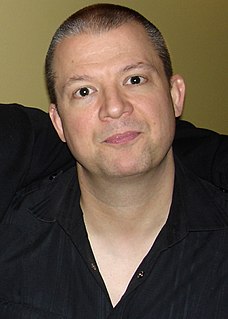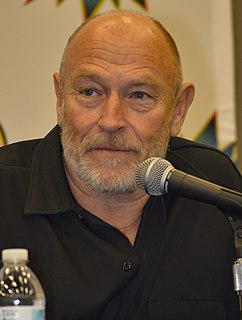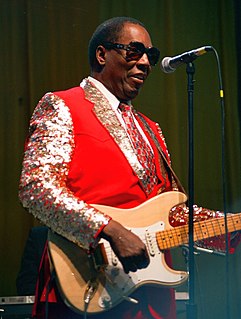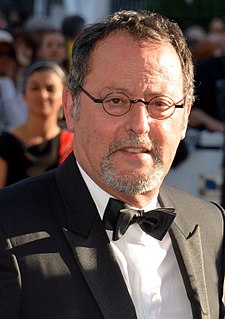A Quote by Jim Norton
That's an interesting accent you got there. Are you from stroke-victim?
Quote Topics
Related Quotes
Being a victim doesn't take much. There are built-in excuses for failure. Built-in excuses for being miserable. Built-in excuses for being angry all the time. No reason to trying to be happy; it's not possible. You're a victim. Victim of what? Well, you're a victim of derision. Well, you're a victim of America. You're a victim of America's past, or you're a victim of religion. You're a victim of bigotry, of homophobia, whatever. You're a victim of something. The Democrats got one for you. If you want to be a victim, call 'em up.
The problem with Maigret is he hasn't got a limp, and he hasn't got a lisp, and he hasn't got a French accent, or a particular love of opera... or all those other things that people tend to attach to many fictional detectives. He's just an ordinary guy doing an extraordinary job, in a very interesting time.
I guess the most interesting thing that people think is I'm English. They think that I live in England and have a British accent. When they talk to me, at first they go, "Man, you have a great American accent," and I go, "No, no, no, this is my accent. I don't do accents." And then they're really disappointed, and they try to punch me.

































